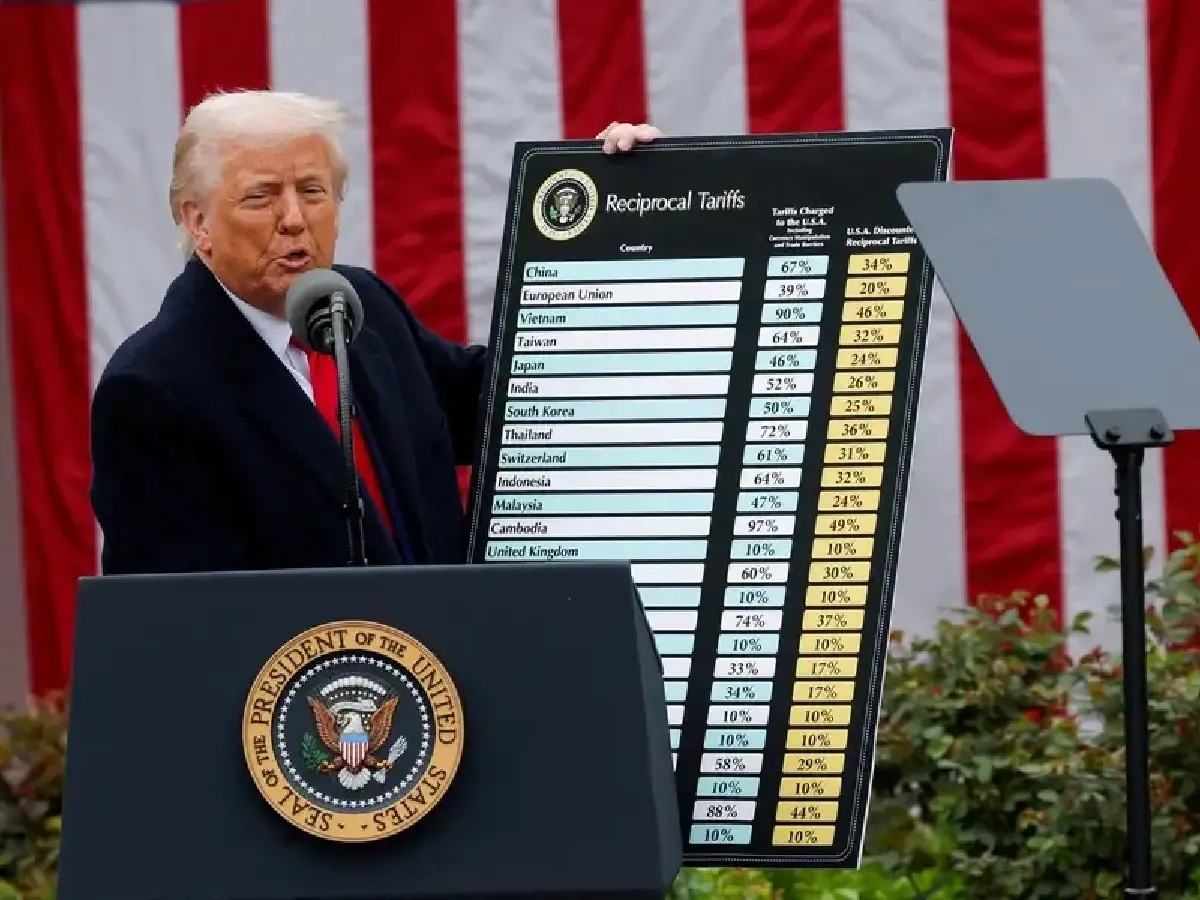In the panoramic sweep of modern history, the United States has long stood as a colossal figure in shaping the global economic landscape. Rooted in principles of trade liberalization and underpinned by a deep-seated trust in its unfaltering financial institutions, America’s approach has fostered unprecedented wealth not only within its borders but across the world, forging pathways to prosperity that many nations have walked down since the close of World War II. This broad vision, however, is showing signs of distortion as new challenges cloud the horizon.
For eight decades, the U.S. has spearheaded an economic doctrine that favored open markets and inspired international economic cooperation. This framework helped position the United States at the helm of the world economy, facilitating its emergence as a financial superpower. The trust placed in the U.S. dollar and its financial systems created an environment where global trade could thrive. Entities across the globe invest in U.S. Treasury bonds; the dollar is the de facto currency across continents for trade and savings. This economic influence has, in many aspects, been beneficial, fostering global connections and dependencies that often prevent larger conflicts and encourage diplomatic solutions to international problems.
However, the robustness of this long-standing economic order is currently subjected to vulnerabilities and shifting global dynamics that threaten to undermine its integrity and effectiveness. The geopolitical landscape is evolving rapidly. The emergence of other major economies like China and the European Union is starting to reconfigure the power dynamics that were predominantly skewed in favor of the United States post-1945. These regions advocate for multi-polarity and diversification in global economic leadership, which could potentially dilute the concentrated power the U.S. has enjoyed.
Furthermore, internal challenges such as political polarization, debates over fiscal policies, and handling national debts have also begun to erode the confidence global partners once had in the U.S. economic model. The recent incidents of governmental gridlock and public debates over debt ceilings and fiscal responsibility have cast long shadows over the reliability and stability of America’s financial governance.
Moreover, the rapid technology advancements and the digitalization of economies pose both an opportunity and a threat. While they offer the potential for significant economic growth and efficiencies, they also raise important questions about cybersecurity, data privacy, and the dominance of tech giants, which the current global economic policies were not designed to address comprehensively.
Adding to these pressures are the increasing calls for sustainable and inclusive growth. Climate change and social inequalities have prompted a global reckoning about the nature of economic growth and the distribution of its benefits. There is a growing consensus that the existing global economic order must not only be profitable but also equitably sustainable, adding layers of complexity to policy-making in the U.S. and abroad.
While the United States still holds significant influence, the vision that has guided its economy for 80 years appears increasingly outmoded in the face of these contemporary challenges. The question that now looms large is whether the U.S. can adapt its leadership approach to uphold the trust and cooperation it has fostered globally while simultaneously addressing the multifaceted demands of the modern world. Adjustments seem inevitable, and how the U.S. navigates this transformation will likely set the tone for its future role as a global economic leader.
The path forward is fraught with complexities but also opportunities for reform and innovation. The U.S.’ journey towards reshaping its economic policies could set a precedent for global economic governance in the 21st century, potentially ushering in an era of renewed collaboration and mutual prosperity. The need for a recalibrated, resilient, and inclusive economic model has never been more acute, and the U.S.’ leadership in this transition remains pivotal.










